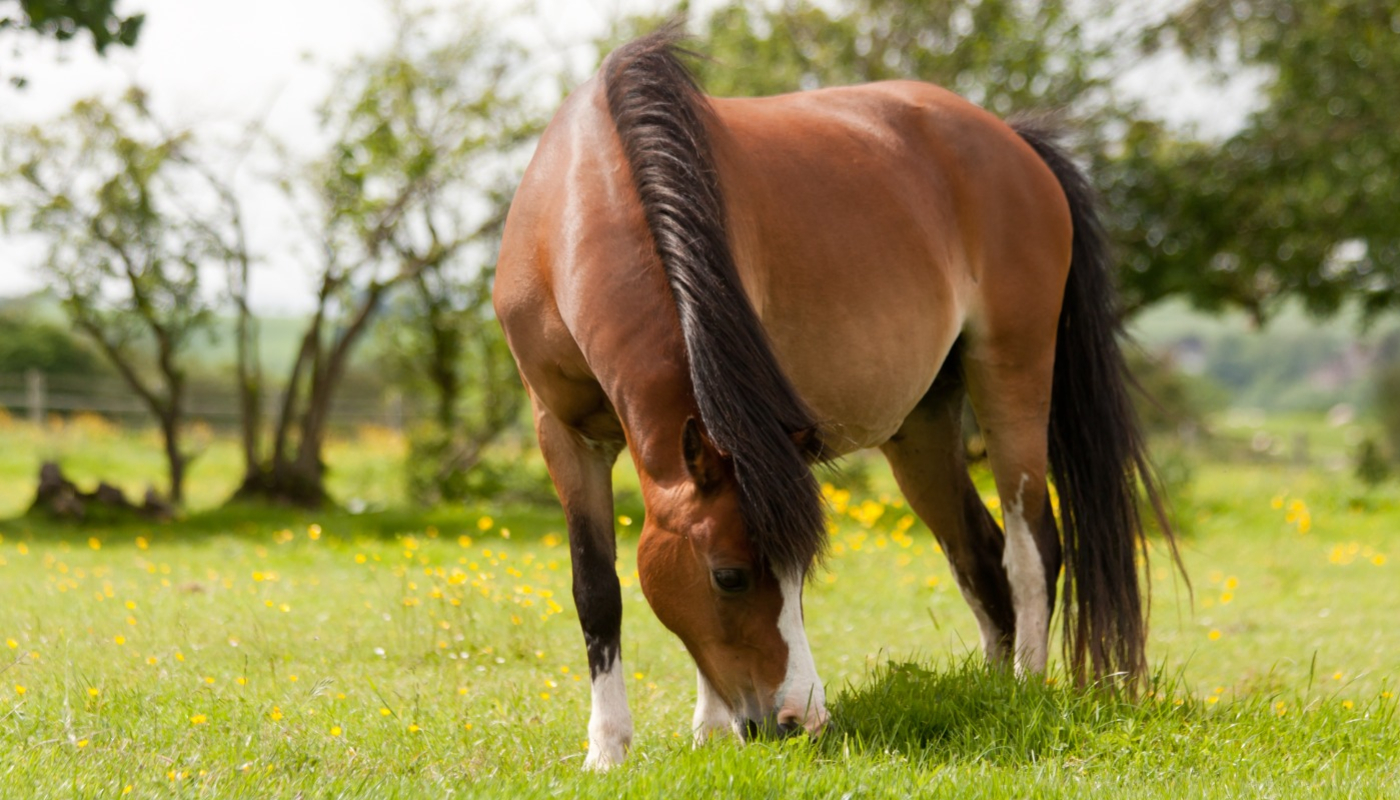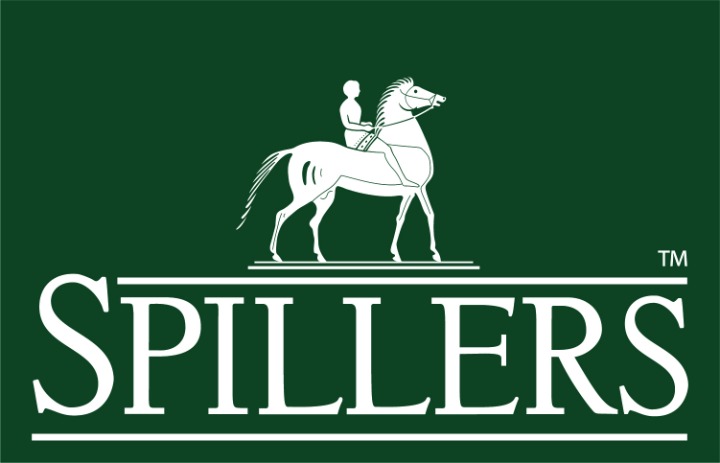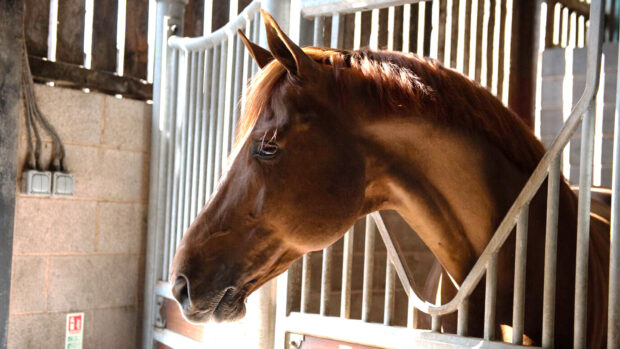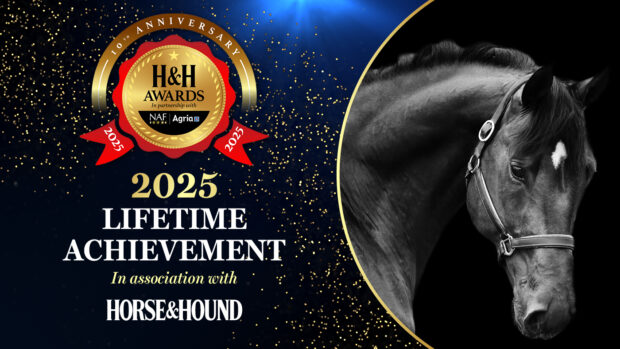Promotional Feature with SPILLERS
Does your horse or pony look a little rounder than ideal, and magically appear to get fat on thin air? If so, the problem is more common than you may think; rates of obesity are thought to be as high as 70% in some populations of UK ponies. With excess weight comes an increased risk of health conditions such as laminitis, as well as reduced performance, so we owe it to our precious equines to keep them in optimum shape.
Why do horses get fat in the first place?
Many factors can contribute to the expansion of our equines’ waistlines but, quite simply, horses gain excess weight when they consume more energy (calories) than they utilise, with the surplus being stored as fat. Aside from the ability of some types to seemingly gain weight on “thin air”, there are several logical reasons why so many horses and ponies in the UK may be carrying surplus pounds:
- Farm diversification has led to improved pasture quality in some cases.
- Many horses and ponies are now kept for leisure purposes and are often in light work.
- Milder winters are being compounded by the overuse of heat-insulating rugs.
- Longer, warmer winters are resulting in extended periods of grass growth in some areas.
- Cobs and native breeds can be particularly challenging to manage; they tend to be good-doers and may be more affected by environmental changes.
- Seeing overweight horses has become so familiar it may be harder to recognise when they are carrying excess kilos.
- Some horse owners may not be familiar with nutrition requirements and weight-monitoring methods.
- Yard rules and work commitments may make it difficult to implement management changes to support weight loss.
How does excess weight affect health?
It may be hard to envisage, but being overweight can pose as much of a welfare risk as being underweight. This is not only because of the direct weight-associated effects – think of the effort it takes to lift a 20kg sack of feed and then picture your horse carrying as many surplus kilos or more in fat – but also due to the increased risks posed for certain clinical conditions, especially laminitis. Other health and welfare implications include increased joint strain, respiratory stress, heat intolerance, an increase in chronic low-grade inflammation in senior horses and reduced fertility.

What can I do to help keep my horse in shape?
One of the most inspiring ways to tackle weight gain is to join up with other people who are in a similar position and take the weight-loss journey together; you can support and encourage each other along the way and take advantage of expert nutrition advice when you need it.
Become a SPILLERS Slimmer
SPILLERS launched the SPILLERS Slimmers’ Club last summer to help address the problem of equine obesity in a positive way. Now, with more than 2,500 members, the motivating and friendly club provides practical support and camaraderie for owners of overweight horses and ponies, to aid them on their weight-loss journey.
It provides information and advice including weight-loss tips, details of how to body condition score and use a weigh tape, diet plans and weight-loss records. Club members also receive access to a dedicated Facebook group where they can share their horse’s progress and tips with other owners, get inspired with success stories and post questions for SPILLERS nutritionists to answer.
Claim your free weight-loss pack from SPILLERS
It’s Equine Obesity Week from 4–10 July. SPILLERS has 5,000 free weight loss packs to give away, so be quick to claim yours by clicking on the banner below.
Equine obesity experts
SPILLERS has world-class credentials when it comes to the latest science associated with equine obesity; during the past two decades, SPILLERS and the Waltham Equine Studies Group, together with their expert collaborators across the globe, have been helping to unravel the complex links between equine metabolic syndrome (EMS), insulin dysregulation, obesity and laminitis.
The formation of the Waltham International Laminitis Research Consortium in the early 2000s, followed by the formation of the Waltham International Obesity Consortium, has brought together prominent equine veterinary, nutrition and research experts interested in collaborating on these important topics.
Covert lost kilos to £££ for Redwings
If you join the SPILLERS Slimmers’ Club, this summer you can help SPILLERS in its mission to accumulate and convert 100,000kg into a financial donation of £5,000 to support Redwings’ vital equine welfare work, which includes rescuing horses from the risks of obesity.
“Our mission for this campaign is threefold,” said SPILLERS product manager Sarah Nelson. “We want to use our knowledge and expertise to help owners of overweight horses and ponies achieve safe, sustainable weight loss, to raise funds to support our favourite charity Redwings and to continue to raise awareness of the need to end equine obesity for good.”
Nicola Jarvis, head of veterinary services at Redwings, said: “Fat has long been regarded as just an innocent way to store excess calories, but we now know fat produces chemicals that negatively affect our horse’s metabolism and health, as it does in humans.
“We’re delighted to be working with SPILLERS on this important initiative and grateful for their support with our work here at Redwings.”





